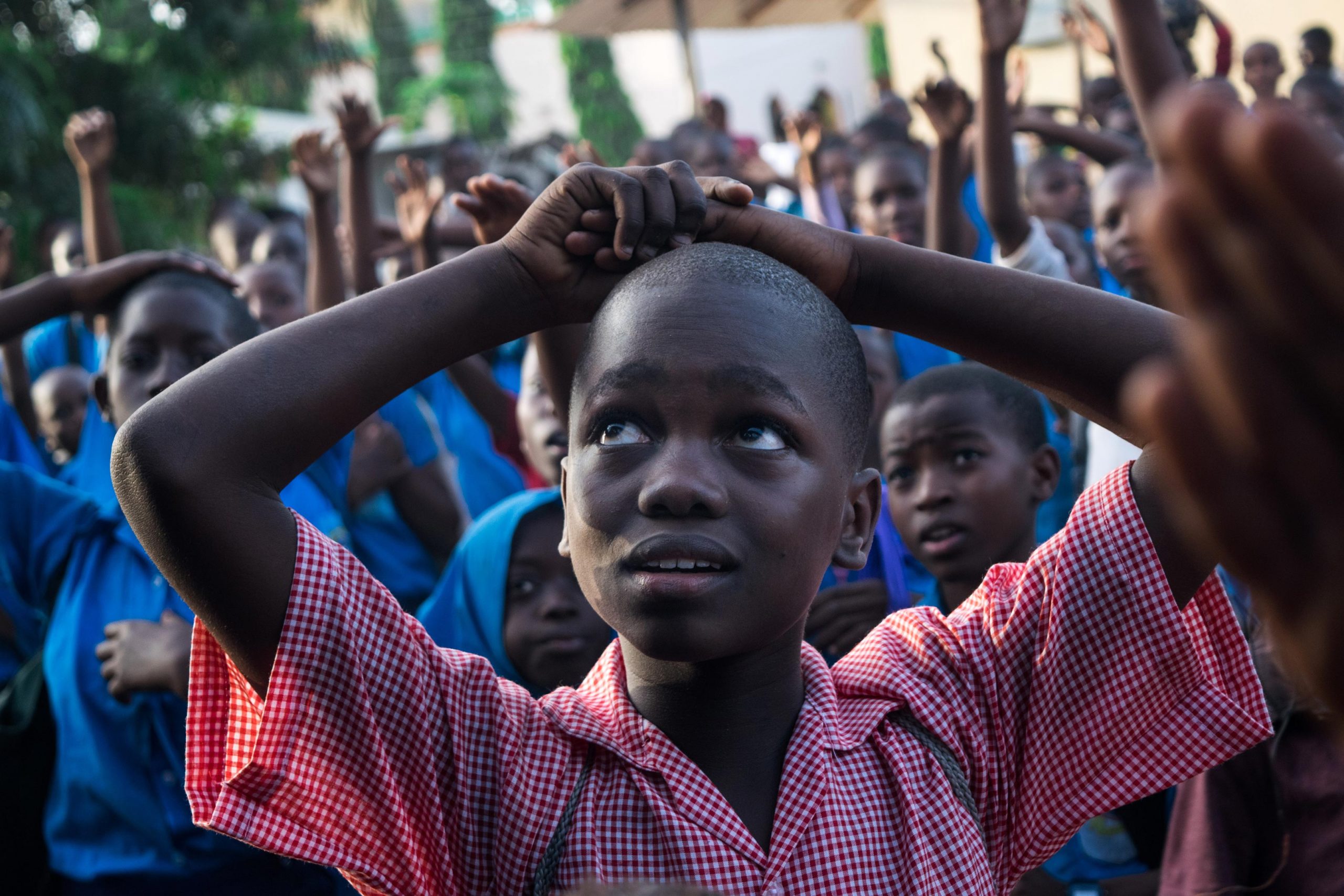Researchers analyzing blood samples from blood donors across Kenya estimate that by June 2020, when many COVID-19 Deaths were expected in the country but had not occurred on such a scale. 4.3% of Kenyans had antibodies against the virus. That suggests SARS-CoV-2 According to the authors, exposure in Kenya was higher than indicated by case-based monitoring.
Your findings will help steer the pandemic response in a region where the economic impact of the lockdown – including the way it disrupts routine medical care for women and children – has proven particularly debilitating. Africa accounts for 17% of the world’s population, but by the end of July 2020, despite several months of SARS-CoV-2 transmission, it only made 5% of global COVID-19 cases and 3% of global COVID-19 cases from deaths.
In Kenya, the first case of SARS-CoV-2 was reported in mid-March 2020, followed by the introduction of bans. However, by the end of July, national surveillance recorded 20,636 cases and 341 deaths in Kenya – an increase that is significantly slower than the epidemic in parts of China, Europe and the United States.
To understand this pattern, Sophie Uyoga and colleagues conducted one of the first field-based seroprevalence surveys in Africa. They analyzed samples from more than 3,000 blood transfusion donors from the end of April to mid-June 2020. Using a highly specific assay, the authors report a crude seroprevalence of 5.6% in this group. Adjusted for the age-gender structure of Kenya, the authors estimate a seroprevalence of 4.3%, which reaches its peak in younger age groups, which is in agreement with other studies.
The authors offer several possible explanations for why Kenya has had relatively few cases and deaths, even though SARS-CoV-2 exposure appears substantial, including Kenya’s steep demographic age pyramid, which results in a smaller age group at risk. The results of their study, say the authors, support “the impression that diseases in Africa can be attenuated”.
Reference: “Seroprevalence of anti-SARS-CoV-2 IgG antibodies in Kenyan blood donors” by Sophie Uyoga, Ifedayo MO Adetifa, Henry K. Karanja, James Nyagwange, James Tuju, Perpetual Wanjiku, Rashid Aman, Mercy Mwangangi, Patrick Amoth , Kadondi Kasera, Wangari Ng’ang’a, Charles Rombo, Christine Yegon, Khamisi Kithi, Elizabeth Odhiambo, Thomas Rotich, Irene Orgut, Sammy Kihara, Mark Otiende, Christian Bottomley, Zonia N. Mupe, Eunice W. Kagucia, Katherine E. Gallagher, Anthony Etyang, Shirine Voller, John N. Gitonga, Daisy Mugo, Charles N. Agoti, Edward Otieno, Leonard Ndwiga, Teresa Lambe, Daniel Wright, Edwine Barasa, Benjamin Tsofa, Philip Bejon, Lynette I. Ochola-Oyier, Ambrose Agweyu, J. Anthony G. Scott and George M. Warimwe, November 11, 2020, science.
DOI: 10.1126 / science.abe1916



